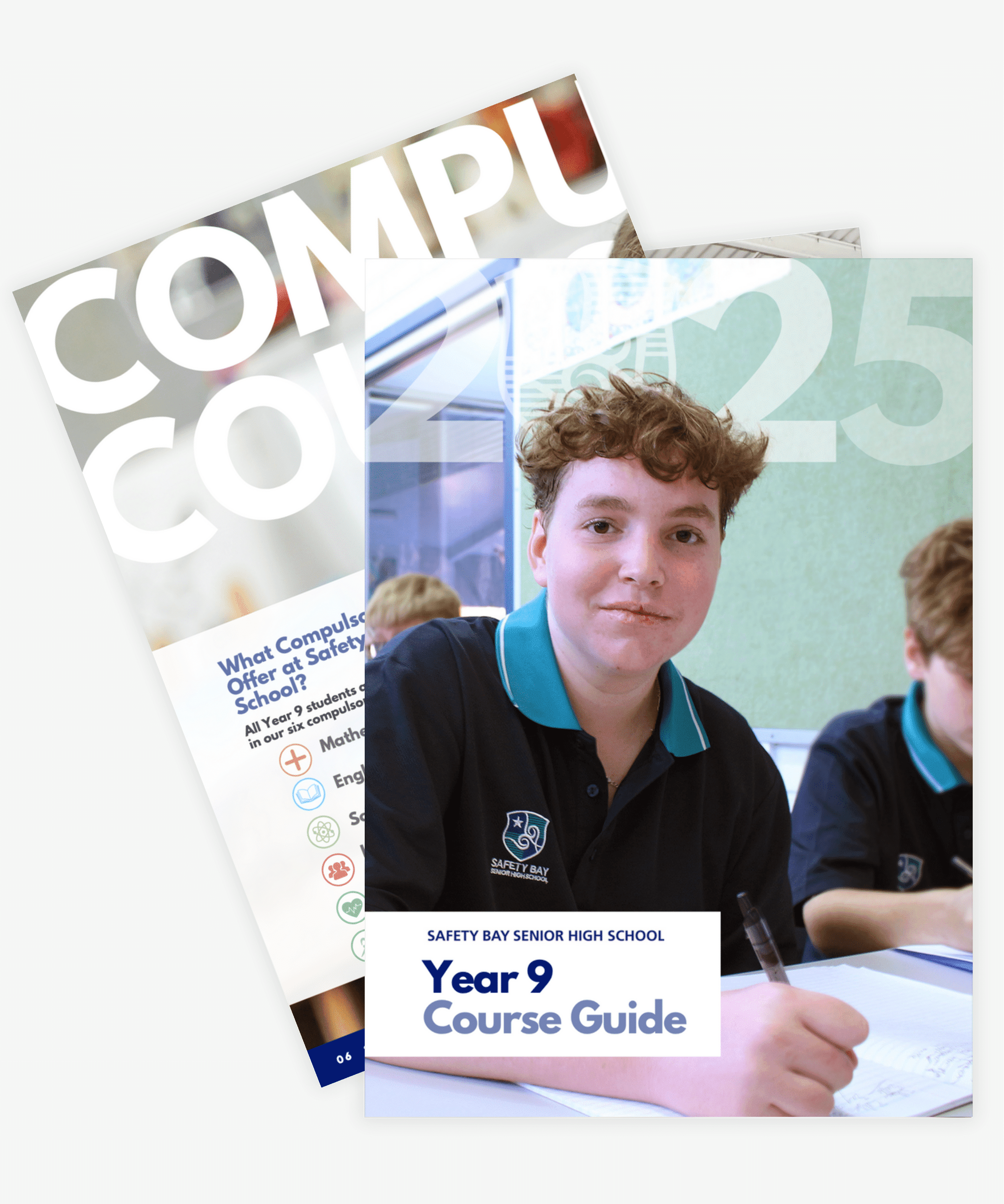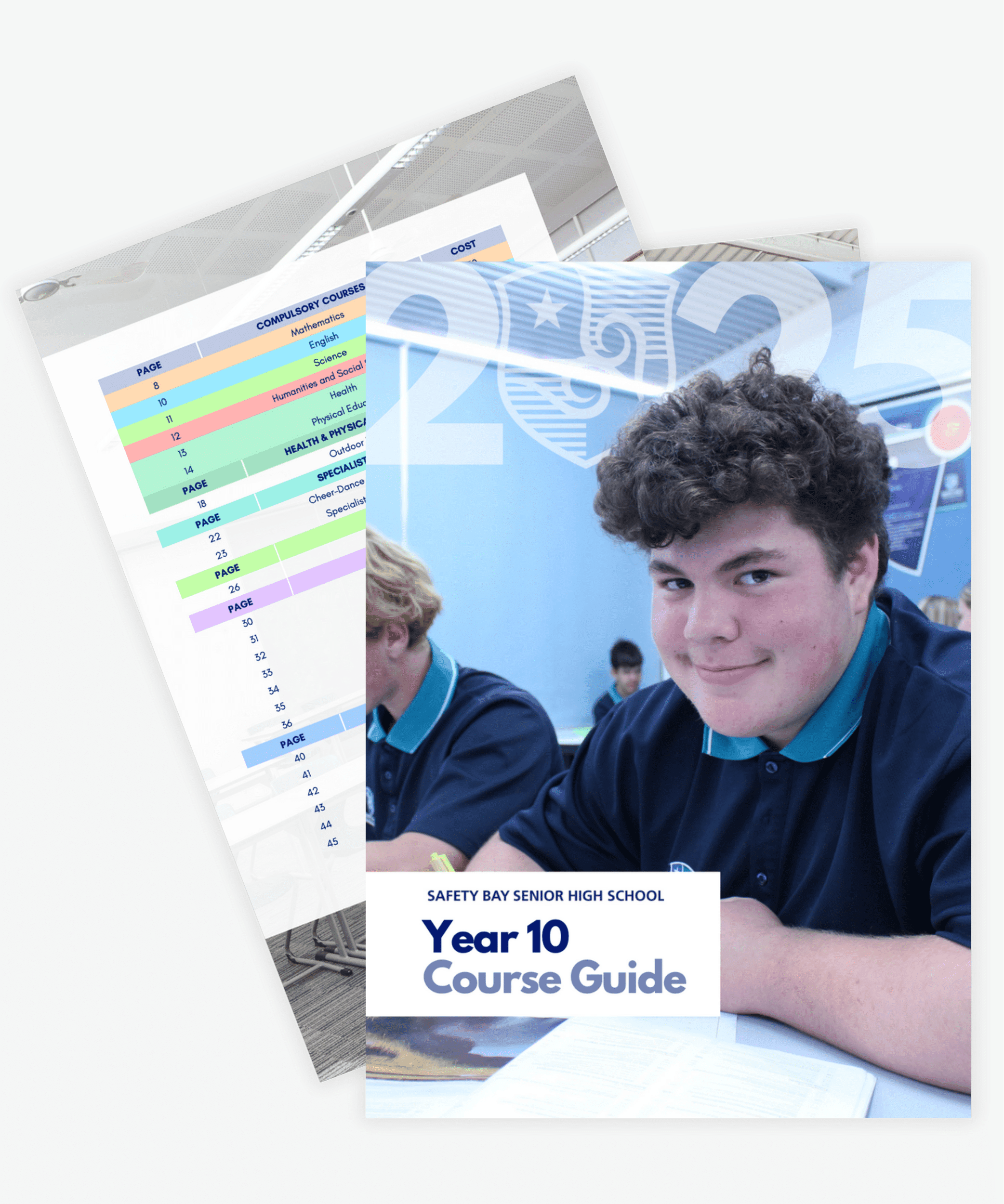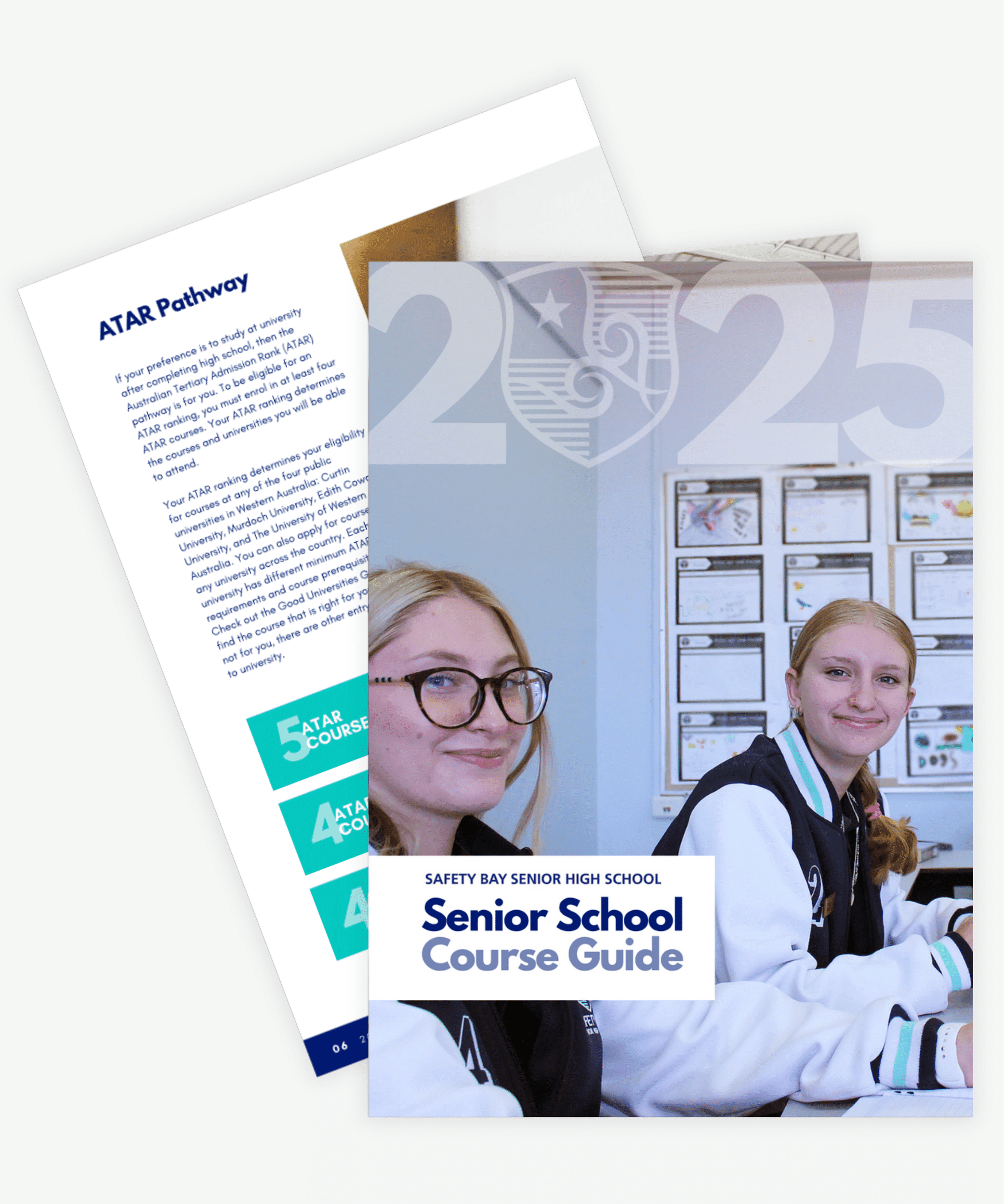Design Technologies enables students to learn real world skills and knowledge, both in traditional and contemporary technologies. We aim to develop skills and knowledge in traditional and STEM orientated projects which provide students with a valuable platform to pursue careers in industry through apprenticeships and or university pathways. Students manage projects independently and collaboratively from conception to realisation. They apply design and systems thinking and design processes to investigate ideas, generate and refine ideas, plan, produce and evaluate designed solutions.
Design and Technologies Introductory
This course offers a hands-on approach for students. Students work in the workshops on a variety of introductory projects revolving around wood, metal and engineering. Students will start to develop skills and knowledge in design, hand skills, workshop safety and reading and interpreting plans. The course runs for a semester
Engineering
Students learn engineering principles, then demonstrate their understanding and application of them with their projects. They consider and interpret a design brief, discover a range of research skills, devise methods to develop concepts, and then plan and communicate proposed solutions to the design brief. They then produce their ideas and evaluate them against set criteria determining the success of the solution identifying any recommendations for further improvement. When developing solutions, students will have the opportunity to experience 3D printers, laser cutters and more traditional based workshop tools and equipment. The course will develop problem-solving skills, creativity, engineering design, critical thinking, and collaboration skills.
Metalwork
The Metalwork course aims to develop students’ confidence, creativity, enterprise and employability skills through the design and creation of metal projects. Initially students gradually progress from direct instruction to completing set projects independently. Students critically evaluate existing designs based on their form, function, cost and aesthetics; they will be introduced to formal drawing techniques and 3D sketching so that they can develop and communicate their own ideas and plans. In addition, they will use computer aided drawing software to assist in the design of their projects. A major focus is on developing students design thinking and problem solving skills to enable them to become independent and autonomous learners.
Woodwork
The Woodwork course aims to develop students’ creativity, enterprise and employability skills through the design and creation of timber projects. Students critically evaluate existing designs based on their form, function, cost and aesthetics; they will be introduced to formal drawing techniques and 3D sketching so that they can develop and communicate their own ideas and plans. In addition, they will use computer aided drawing software to assist in the design of their projects. A major focus is on developing students’ design thinking and problem solving skills to enable them to become independent and autonomous learners.
Materials Design and Technology – Metal
The focus for this course is design and production fundamentals. Students are introduced to principles and practices of design, fundamentals of design and to manufacture metal products for themselves. They learn to communicate various aspects of the design process within the structure of making their product. Throughout the process, students learn about materials, including their origins, classifications, properties and suitability for purpose. Students are introduced to relevant technology processes, machine and hand tools skills including computer aided drawing (CAD) and computer aided manufacturing (CAM). Students work in a defined environment and learn to use a variety of relevant technologies safely and effectively.
Materials Design and Technology - Wood
Using a range of technologies, materials, tools and processes you will plan, develop and construct your own quality projects. You will also gain an awareness of how workers in today’s Woodworking industry need to have an awareness of sustainability and meet community and environmental responsibilities.
You will develop and practise highly transferable skills that will help you pursue a career in a wide range of trades and services.



